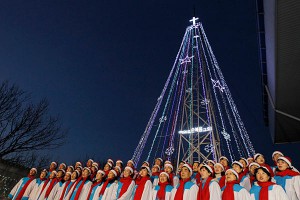I suspect that one of the driving forces of the greatest changes in society over the past 100 years versus the past several millenia has been specific movement of people away from caring for food animals.
One cannot help but learn about the brutal realities of the cycle of life to death to life when one cares for food animals. As a result, one cannot help but see the realities of the same cycle in every other part of life. Such realizations cannot help but make someone more pragmatic at the least, if not even a little fatalistic.
That kind of pragmatism then fueled all sorts of ways of thinking that dominated most of human history. And while, yes, that thinking justified all sorts of things we moderns consider savage and inhuman, it also gave birth to the world we have today and, to a great part, continues to sustain it long after most people have forgotten what it all might mean.
Now, being engaged in that kind of undertaking, I find my own thinking inevitably changed by the reality of what I do. In some ways I am softer. In some ways I am harder than I ever imagined I could ever be. My focus is different–dare I say, more focused–and the change in my view of the realities of life and death could not be more profound.
I understand the impracticality of a general return to agriculture, but I cannot help but wonder if we would not benefit from a return to some parts of the worldview it fostered. We need more pragmatism in a world sometimes blinded by the shining and ofttimes false optimism of modernity. We could do worse than to revisit history, and I’m certain we can benefit from it.
DLH
